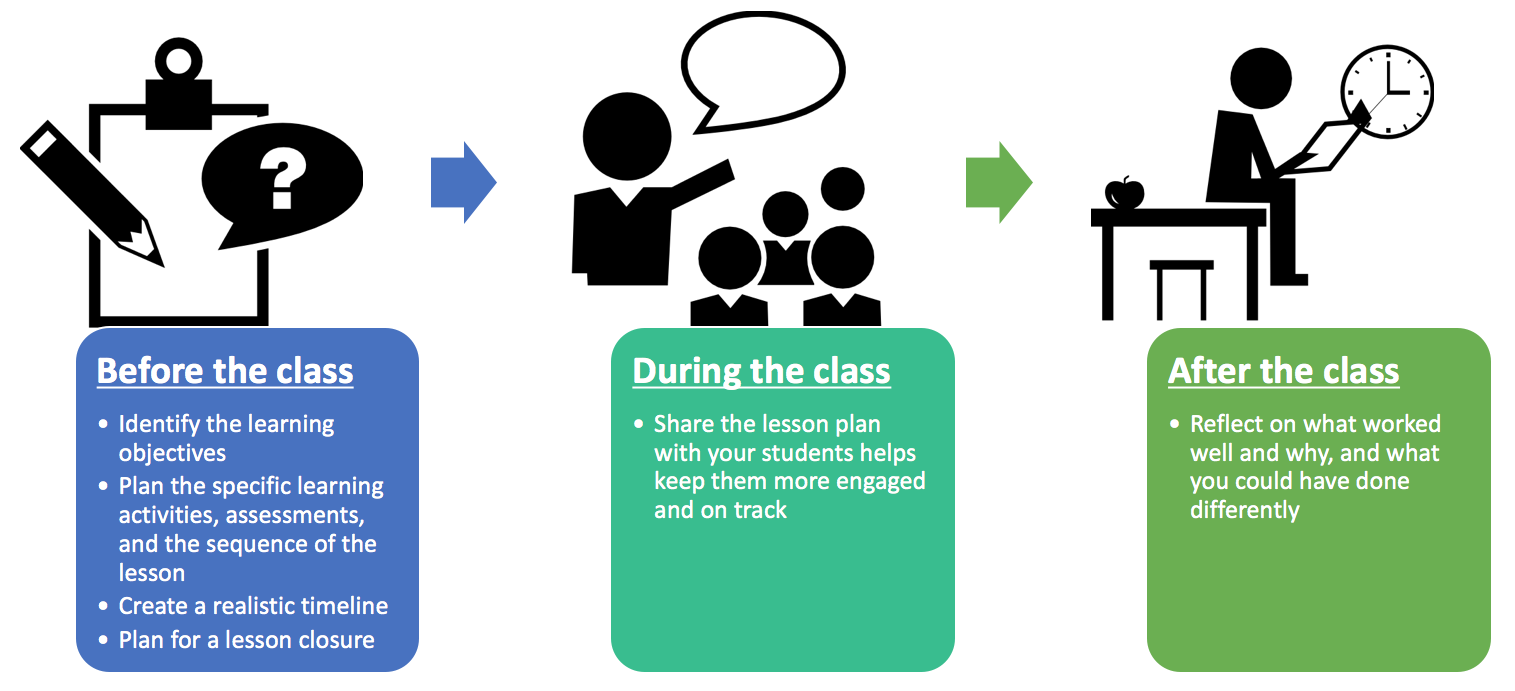 The guide in education isn't a document with a bunch of sections on "how to do x,y and z" but, a lesson plan to provide structure to our classrooms and determine how to teach the content.
The guide in education isn't a document with a bunch of sections on "how to do x,y and z" but, a lesson plan to provide structure to our classrooms and determine how to teach the content. This week we will deep dive into what makes a solid and functioning lesson plan and how they can help me be a better educator. The reading this week helped me create the following connections between where I will be student teaching and classes I have taken as to why I need a plan when I walk into my classroom and why winging it isn't an option.
3 Connections to Conrad Weiser Area High School:
- Asking thoughtful questions is not easy, but necessary to help engage students and to check for understanding. Most of these questions get planned ahead of time and are written in a lesson plan.
- When I am panning a lesson I will add content that I need to go over on the lesson plan. There is more than just outlining the "how" of what I am teaching on this document. It should be here is what and how i am going to teach.
- Predicting answers of students ahead of time is key to keep yourself in line with what your students will say and how deep into a subject you can get.
2 Connections to previous classes at Penn State:
- In my Edthp class we discussed a lot about keeping in mind students backgrounds. Not every student has the same home life and this is something I always considered but, never thought how it would effect how I design my lesson.
- I also noticed a connection to Kolb's Experimental Learning Theory. The idea of where we start a lesson and how to introduce the topic to your students is a key aspect of structuring a lesson. This connects to Kolb's because you can start the students with an experience first to engage them or physically do a task and then learn about the content that goes with it. This is all designed by the teacher and it comes back to your lesson plan and how we design our lessons based off several .

After reading about lesson planning I found an article by Edutopia about asking thoughtful questions. This article recaps why as teachers we ask questions to our class and how to do it respectfully to a class.The Right Way to Ask Questions
Amanda, I really like how you brought in your experience from Edthp class. I clearly remembered some of the material learned in my Ed Psych class. It is awesome when we can see connections between different classes. Great job on this!!
ReplyDelete